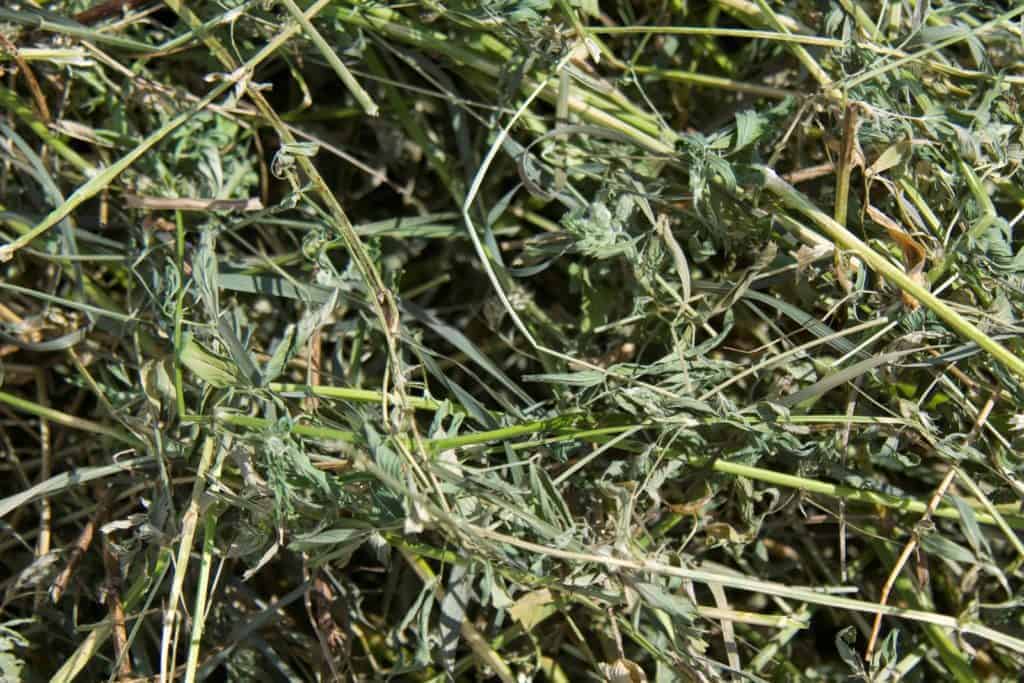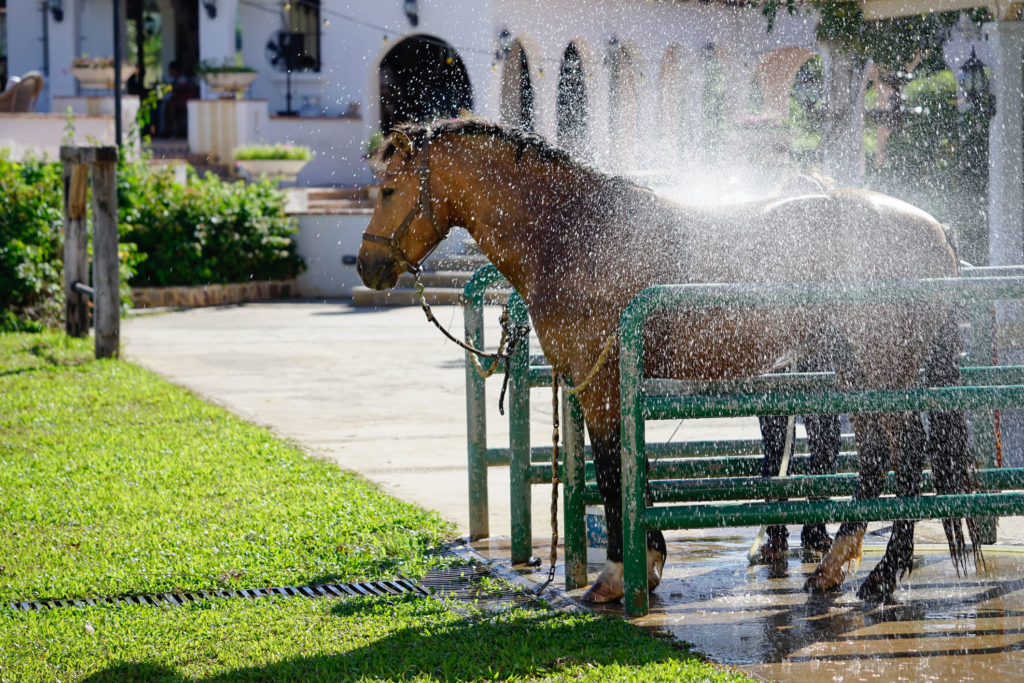
Feeding Horses Forage Post-Colic Surgery Improves Outcomes
Researchers found providing handfuls of forage to horses within hours after colic surgery improved gut healing.
All aspects of caring for performance horses

Researchers found providing handfuls of forage to horses within hours after colic surgery improved gut healing.

Flaxseed is quickly becoming a popular nutritional supplement for horses. But what exactly is this grain and how does it benefit the horse? Here’s wha to know about flaxseed.

Summer is a great time to get out and enjoy your horse, but the season also comes with management challenges. In this prerecorded Q&A, we’ll answer your hot weather health questions about riding, bathing, hydration, and transportation. You’ll also learn the signs of heat exhaustion and how to protect your horse.

Del Mar’s new safety initiatives include extensive reviews of horses entered to race, stricter medication rules, additional out-of-competition drug testing, and more.

Is it okay to feed a growing 3-year-old horse alfalfa hay? An equine nutritionist weighs in.

Careful dietary consideration can help make an OTTB’s transition from racehorse to pleasure or sport horse easier on his digestive system.

Renowned veterinarians talk catastrophic injury prevention, uniform medication policies, and more in a Translational Medicine Institute video.

The role of a behavior-related gene might explain why some Thoroughbreds start race careers while others don’t, researchers say.

Horses with equine asthma are more likely to have pharyngeal abnormalities in the upper airway during exercise than their asthma-free counterparts.

Researchers say the mutation responsible for the sometimes-fatal muscle condition immune-mediated myositis (or IMM) is just as common, if not more so, than at least two other well-known genetic diseases in Quarter Horses: HERDA and HYPP.

Use our free adult horse weight calculator to estimate your horse’s weight using body length and heart girth measurements.

While a limited gene pool hasn’t put Japanese Thoroughbreds at risk of losing genetic diversity, selective breeding and low foal numbers have, researchers in that country say. Here’s why.

Whatever your horse’s job, his joints keep him moving. But osteoarthritis can stop a horse in his tracks. Here’s what to know about this debilitating condition.

Scientists recently tested a noninvasive, wireless, wearable device that allows veterinarians to monitor heart function, sounds and murmurs, and more while the horse remains free to move around his normal surroundings.

High temperatures and humidity can make caring for horses a challenging endeavor.

Researchers recently identified the genetics behind some equine joint angles, which, they say, can impair equine performance, health, and welfare. Here’s how.
Stay on top of the most recent Horse Health news with
"*" indicates required fields